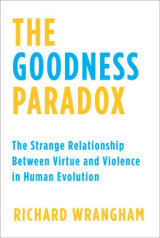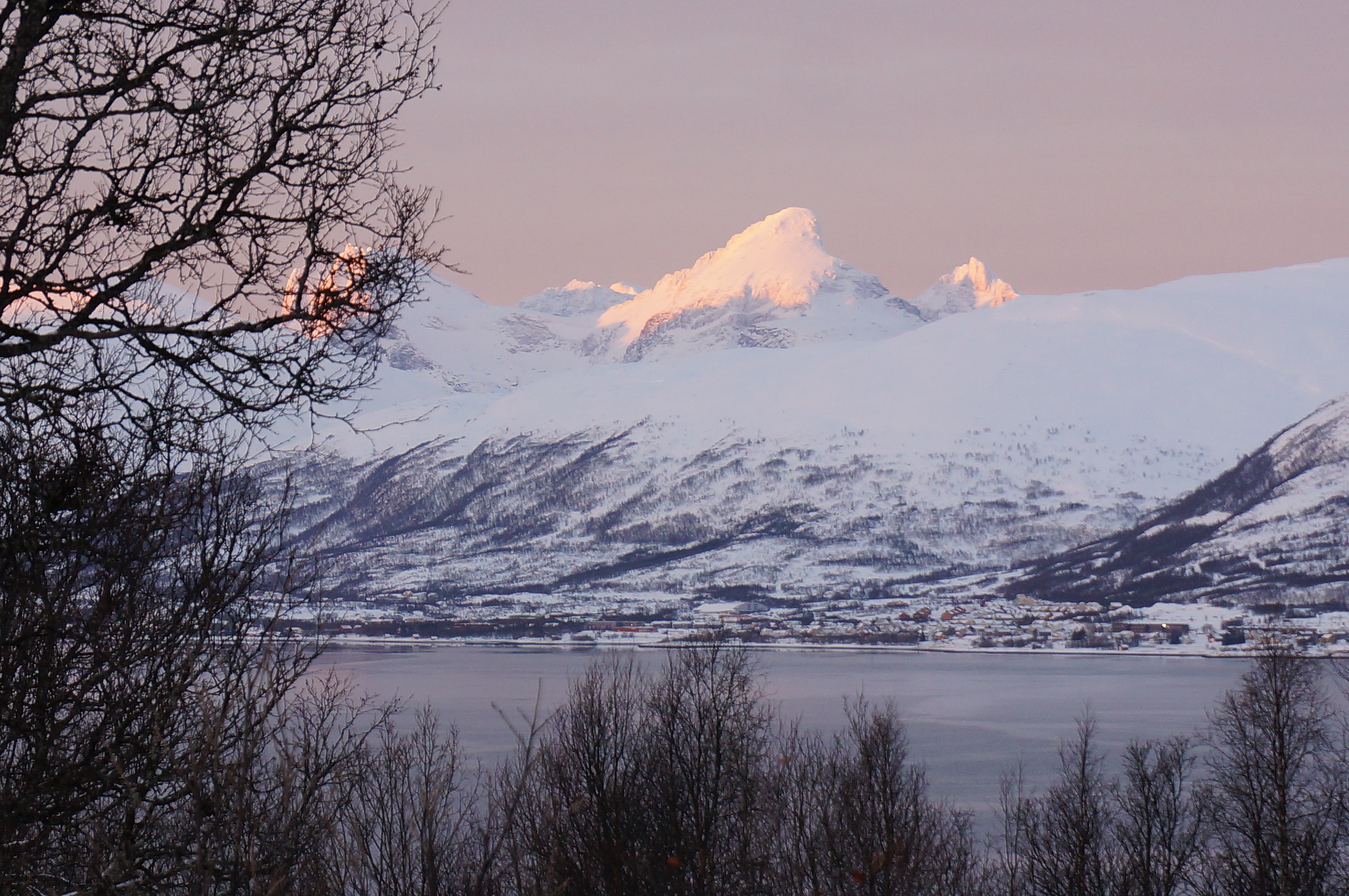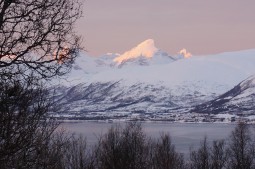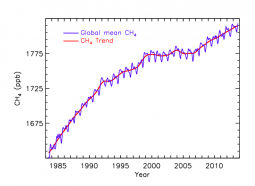 The Goodness Paradox (Teaser): Today’s spring pledge-drive show features brief clips from a recent interview with Richard Wrangham, a primatologist at Harvard University, about his new book, The Goodness Paradox: The Strange Relationship Between Virtue and Violence in Human Evolution. Wrangham discusses with How On Earth hosts Susan Moran and Chip Grandits how, and why, homo sapiens evolved to be both peaceful and violent (less reactively aggressive and more proactively aggressive, like our bonobo ancestors), and what it bodes for the future of human civilization. We will air the full interview on the March 19 science show. Thanks to Pantheon Books for offering KGNU several copies of Wrangham’s book. And thank you to listeners who pledged and received a copy of the book, and to those who have helped power this community radio station for years. If there are any copies of The Goodness Paradox remaining next Tuesday you can call in then and become a member for $60 or more. Or go to kgnu.org and pledge, or increase, your support. We couldn’t do it without you!
The Goodness Paradox (Teaser): Today’s spring pledge-drive show features brief clips from a recent interview with Richard Wrangham, a primatologist at Harvard University, about his new book, The Goodness Paradox: The Strange Relationship Between Virtue and Violence in Human Evolution. Wrangham discusses with How On Earth hosts Susan Moran and Chip Grandits how, and why, homo sapiens evolved to be both peaceful and violent (less reactively aggressive and more proactively aggressive, like our bonobo ancestors), and what it bodes for the future of human civilization. We will air the full interview on the March 19 science show. Thanks to Pantheon Books for offering KGNU several copies of Wrangham’s book. And thank you to listeners who pledged and received a copy of the book, and to those who have helped power this community radio station for years. If there are any copies of The Goodness Paradox remaining next Tuesday you can call in then and become a member for $60 or more. Or go to kgnu.org and pledge, or increase, your support. We couldn’t do it without you!
Hosts: Chip Grandits, Susan Moran, Joel Parker
Producer: Susan Moran
Engineer: Joel Parker
Executive Producer: Beth Bennett
Listen to the show here:
Podcast: Play in new window | Download (Duration: 27:39 — 25.3MB)
Subscribe: RSS







 Bonobo Conservation Success: (start time: 16:11) Author
Bonobo Conservation Success: (start time: 16:11) Author